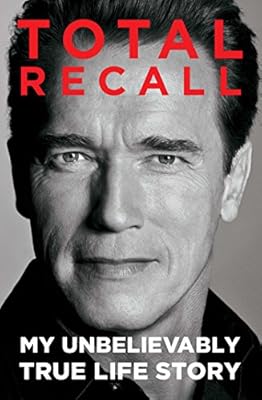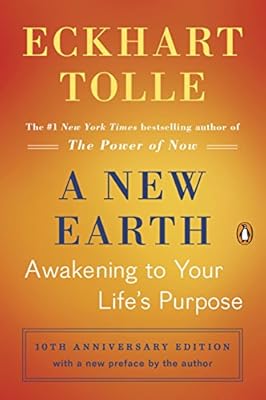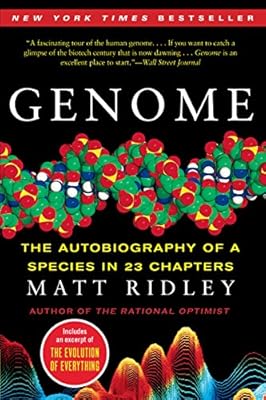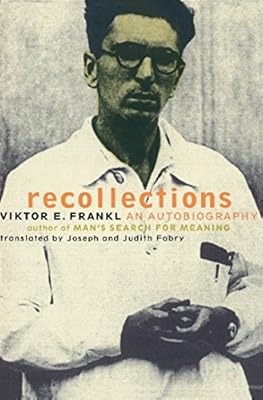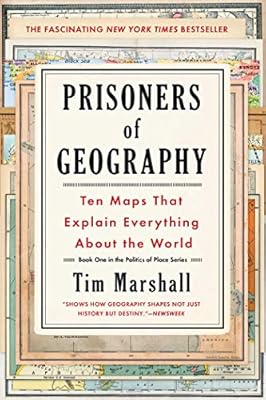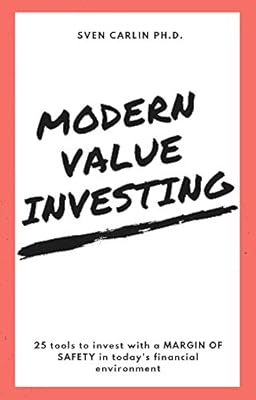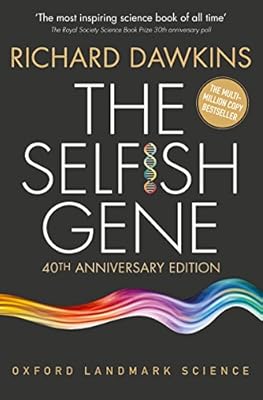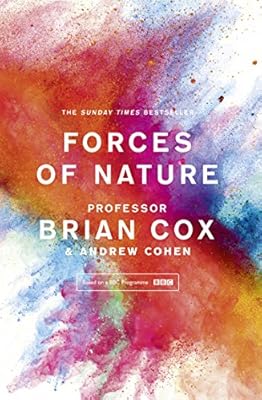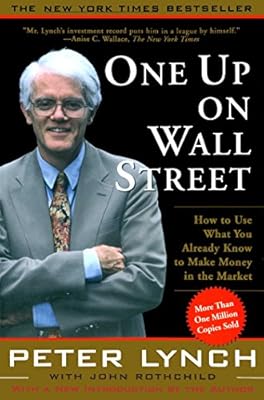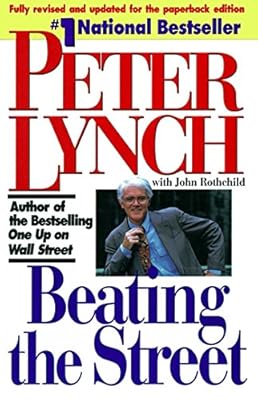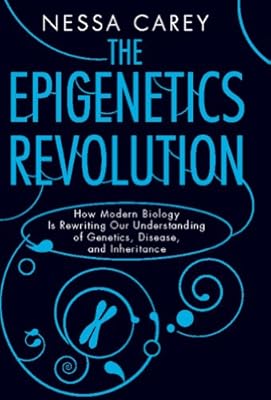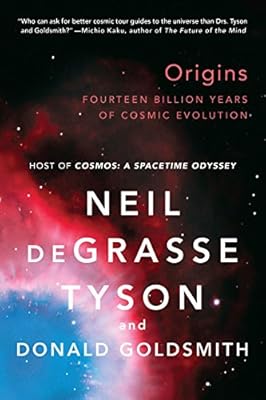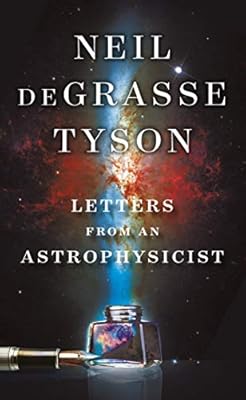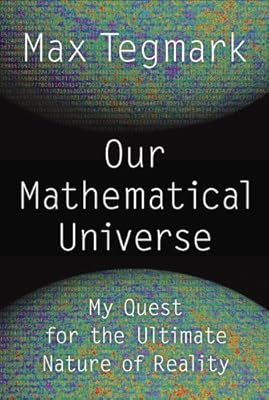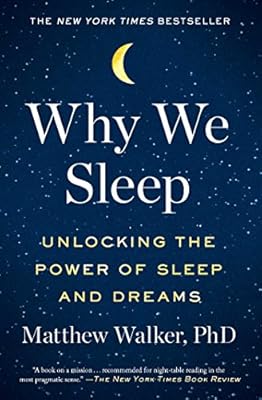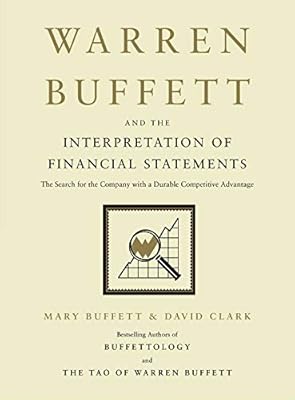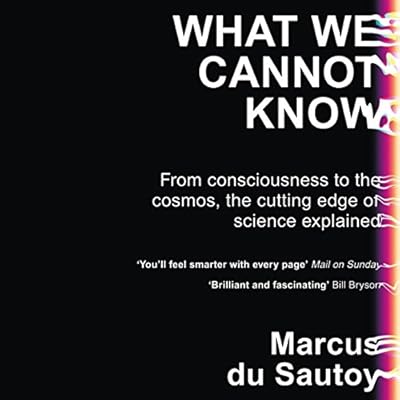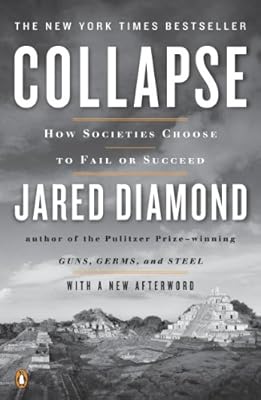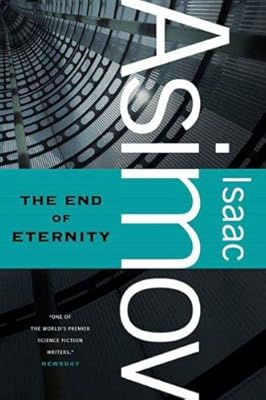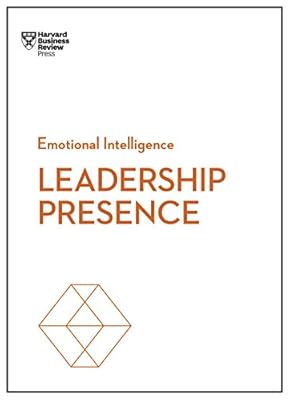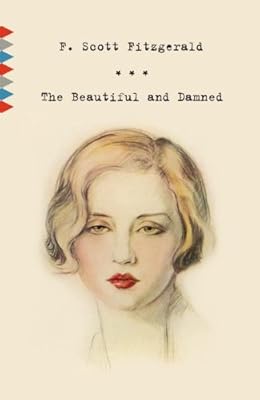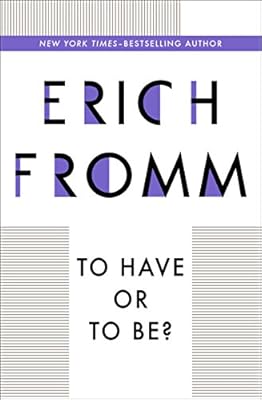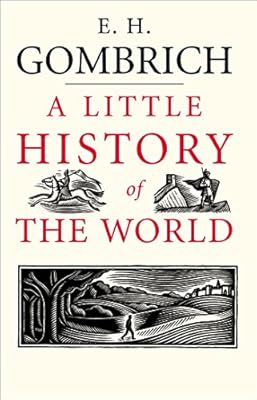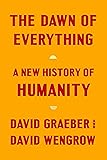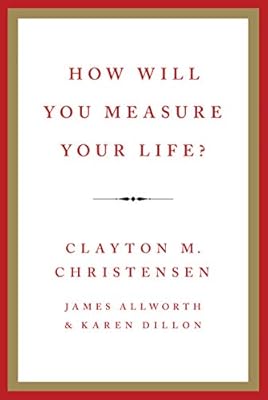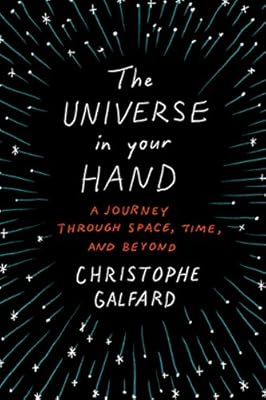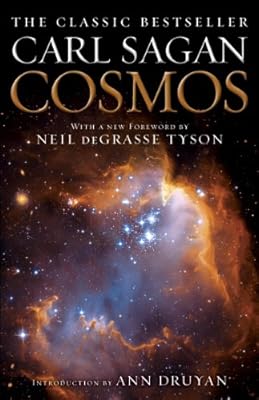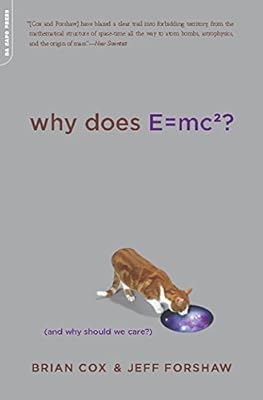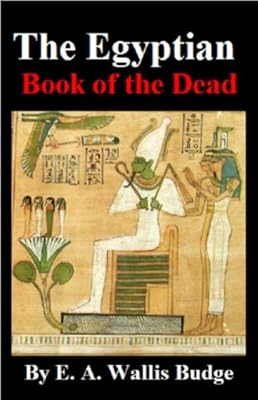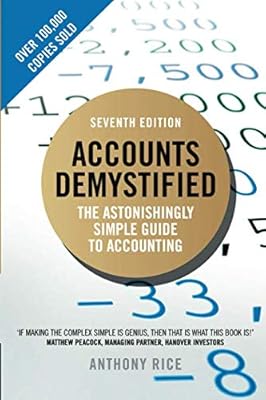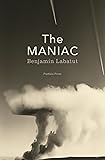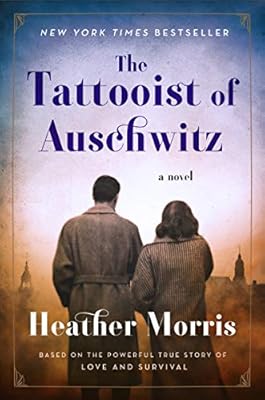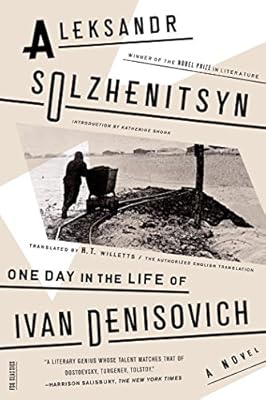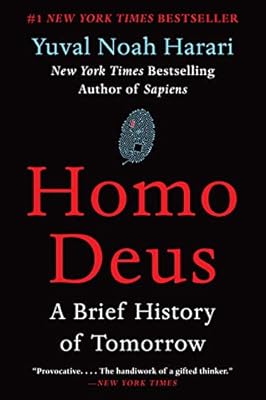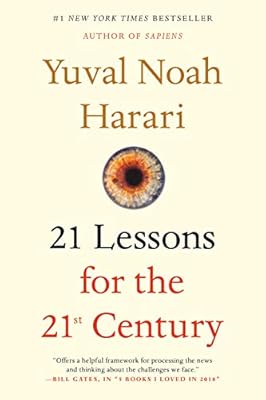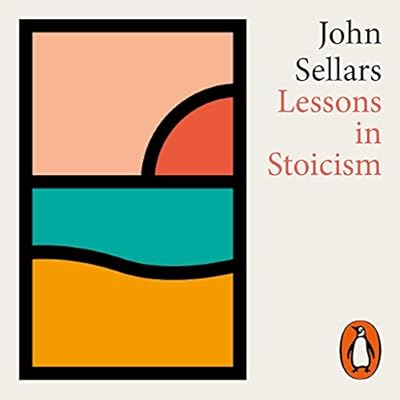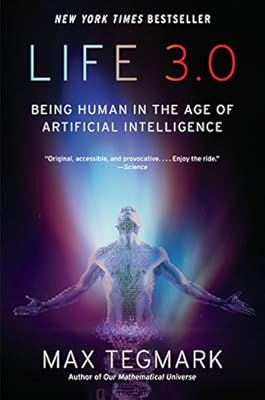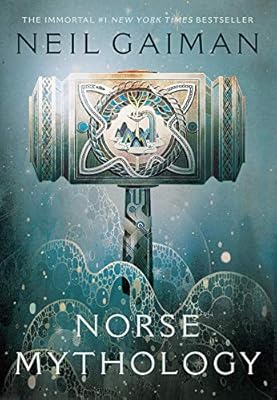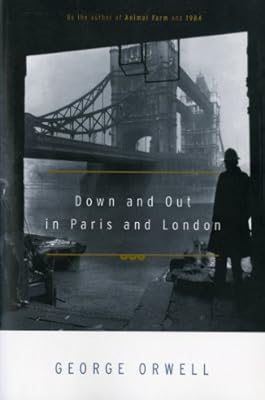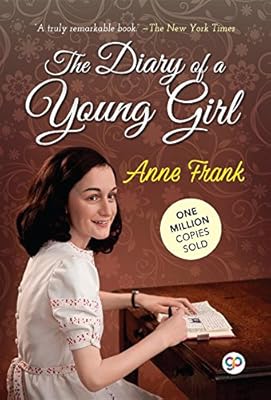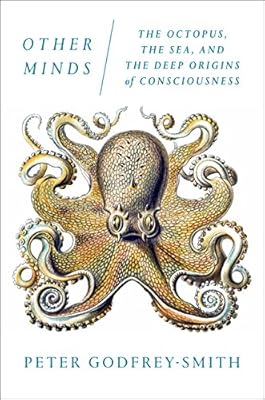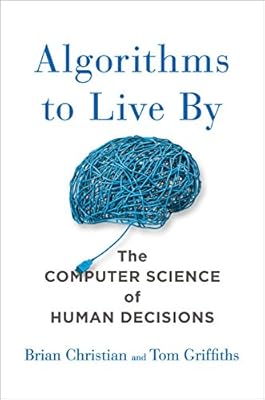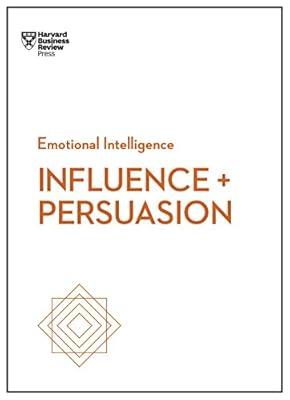Pepo's Bookshelf
One hundred and fourteen books that I've read. Created with Readwise.
Reviewed Books

When We Cease to Understand the World
This was my first foray into Benjamin Labatut's work, and I was captivated from the first chapter. His writing is an intriguing blend of genres, effortlessly mixing historical facts with imaginative storytelling. Labatut crafts a vivid and unique world that stands out in its creativity. The book delves into the lives of remarkable scientists like Albert Einstein and Werner Heisenberg, exploring their journeys through their groundbreaking discoveries, and the emotional and mental challenges they faced. Labatut highlights the dual nature of their quests for knowledge, leading to significant scientific advancements but also to some alarming outcomes, including the creation of weapons of mass destruction. It's a compelling and thought-provoking read.

Blind Willow, Sleeping Woman
This collection of stories by Murakami genuinely reflects Murakami's ability to capture the intricacies of the human experience in a profoundly engaging and imaginative way. Created over few decades, you can explore themes of loneliness, alienation, love, and the complexities of human emotions.
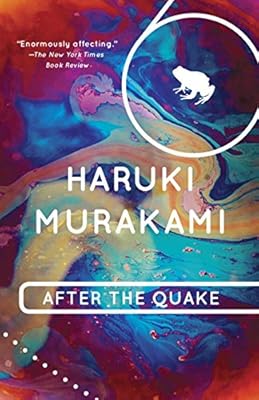
After the Quake
The stories are set in the emotional aftermath of the 1995 Kobe earthquake in Japan. Each story, while not directly depicting the earthquake, explores the subtle and profound effects of the disaster on the lives and psyches of the characters. Murakami delves into themes of disconnection, existential anxiety, and the search for meaning in the wake of chaos. It also illustrates how an unseen, distant event can ripple through and transform the human experience.
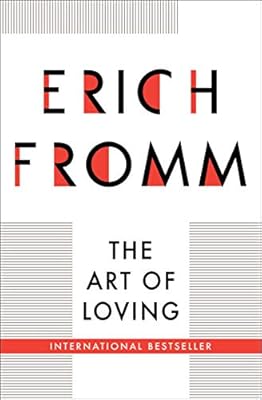
The Art of Loving
I've never said this about a book before, but this one really changed how I see things in life. It's not just about love, but about so much more. It's a short book, but it's full of big ideas about different kinds of love – like the love between family, in relationships, and the love you have for yourself. It's an easy read that really makes you think.
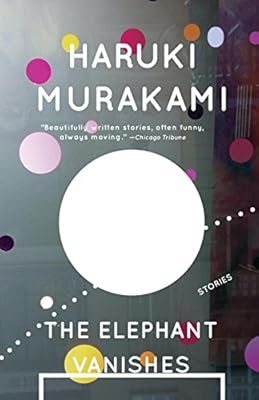
The Elephant Vanishes
In his usual style, Murakami explores the themes of loneliness, alienation, and the search for meaning in a rapidly changing world.
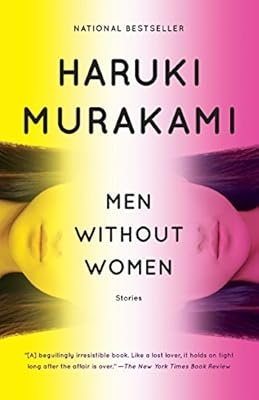
Men Without Women
Eleven short stories that delve into the lives and perspectives of men who find themselves isolated or alone, having lost or distanced themselves from the women in their lives. This collection offers a poignant look at the emotional landscapes of men in the absence of women, revealing deeper insights into the nature of solitude and human connection.

First Person Singular
Classic Murakami and his Japanese magical realism style of writing. Each book has a beginning plot, and then branches out (and ends) somewhere completely different, making the original plot essentially irrelevant. It's difficult to describe what happens in a Murakami books, so I would simply advise for everyone to just give it a go by starting with some of these short stories. My favourite fiction author for a reason. A book reviewer for NYT described it best: "...But while anyone can tell a story that resembles a dream, it's the rare artist, like this one, who can make us feel that we are dreaming it ourselves."

Guide Des Mouvements De Musculation - 6è Édition
The title in English is 'Strength Training Anatomy'. Primarily aimed at those interested in understanding the mechanics of weightlifting and bodybuilding, the book provides a comprehensive look at the human body's muscles and how they are engaged during various exercises.
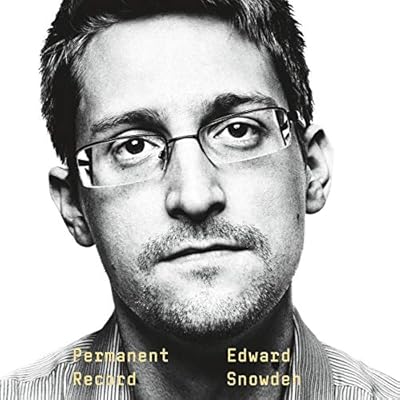
Permanent Record
I don't think the author needs any introduction. We all the general story, watched the movies and documentaries but reading it in detail straight from the source it's a completely different experience. Almost every page in Snowden's book will make you go 'what the heck'. Full of incredible stories and facts that will make you think, how we've came so far in terms of surveillance and why even after knowing it and understanding that it is so not right, we continue to be actionless about it.
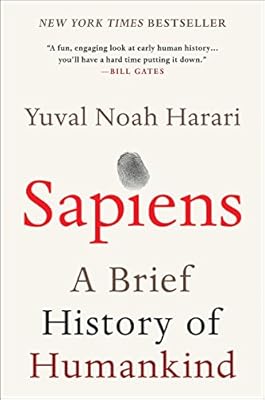
Sapiens
Harari combines history, science, and philosophy to question what we understand about humanity, our progress, and where we might be heading as a species. The book offers a thought-provoking and at times controversial perspective on human history and its future. It is one of best books I've read on what has actually happened in the sapiens journey and eye-opening to why things are the way they are nowadays.

Man's Search for Meaning
Frankl explores the concept of finding meaning in life, particularly in the face of suffering. It's a great little book to set your mindset on life properly which is developing the ability to find meaning through work, experiences, and relationships.

Helgoland
Carlo Rovelli is an Italian theoretical physicist and writer, widely recognised for his work in quantum gravity and Relational Quantum Mechanics. His books are probably one of the best and most engaging out there to try and grasp the very fundamentals and not so of the quantum world and understand the nature of spacetime and the fundamental aspects of our universe. Helgoland is centered around the groundbreaking work of physicist Werner Heisenberg. Named after the remote island where Heisenberg developed his uncertainty principle, the book delves into the fundamental aspects of quantum mechanics and its philosophical implications. The book interweaves scientific explanation with historical context and philosophical inquiry, reflecting on how quantum theory alters our understanding of the universe.
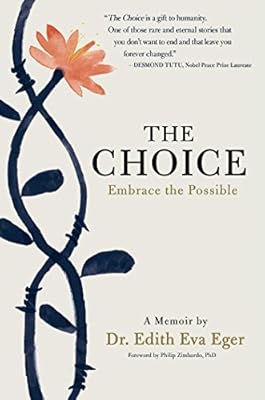
The Choice
Incredible memoir that delves into the authors' experiences as a Holocaust survivor and her journey towards healing and forgiveness. Eger emphasises the power of choice in the face of suffering and adversity, advocating for the freedom to choose one's attitude in any given set of circumstances. Highly recommended for everyone going through a rough patch in life.

Not a Diet Book
Great no bs book for everyone interested in finding out more about nutrition, balance, training and so on. Smith emphasises the importance of understanding the basics of nutrition and exercise, rather than falling for quick-fix solutions or restrictive diets. Not incredibly detailed but maybe one of the few books in the fitness
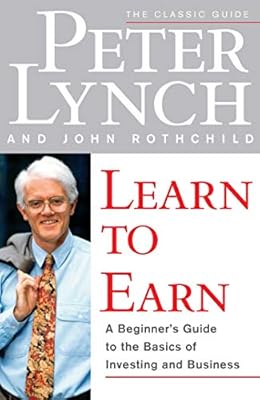
Learn to Earn
Great introductory guide to investing and the stock market for beginners by probably one of the greatest investors to have ever lived. The book provides a historical perspective on capitalism and the evolution of the stock market, explaining its importance in the economy. You'll find out valuable insights into how companies operate and how stocks are valued, along with basic financial concepts. Lynch emphasises the importance of researching companies and understanding what you own, advocating for long-term investments over short-term trading. While some things can be a bit dated and many things have happened in the financial and economic world since the release, the vast majority of the contents are still key nowadays.

The Lean Startup
A must read for everyone that is looking into improving processes or product within an organisation, not only for startups. It introduces the idea of so-called Minimum Viable Product (MVP), that focuses on learning and removes unnecessary features and bringing a first version of a product to market asap. The core principle is to define value as anything that benefits the customer and to view anything else as waste. Learning is central to this process, with the understanding that failure is essential for gaining knowledge. Success is redefined as solving customer problems, not just delivering features.

A Moveable Feast
A Moveable Feast captures the Hemingway's years as a young writer in 1920s Paris through a series of sketches that detail Hemingway's experiences, relationships, and observations during this period. Apart from this it also illustrates a vivid picture of the artistic and cultural milieu of Paris in the 1920s, characterised by creativity, intellectual fervour, and a sense of freedom.
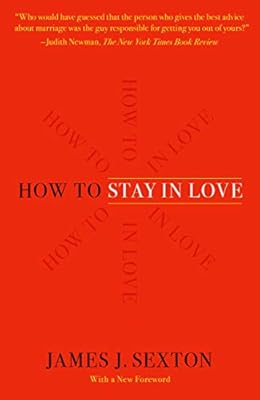
If You're in My Office, It's Already Too Late
After listening to a nearly 4-hour long podcast with the author and slowly but steadily becoming a fan of him, I decided to try his book. A lot of it its aimed at already married couples or couples that are about to get married, but nevertheless, still lots of valuable insights for a single person or a couple that are still far away from tying the knot. Or at least a lot to make you think and contemplate about the little things in every romantic relationship. Some pretty funny stories as well, along with some sad and crazy ones.
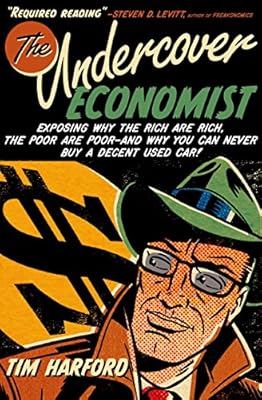
The Undercover Economist
Great at times but mostly felt a bit bland and boring. There were a few chapters and paragraphs that will give you that OH! moment but to me, a great part of the remaining content felt like it was stretched way too much and brought little to the table. Still, I liked reading about the not so simple economies behind some simple daily things in our life such as how free markets work and the hidden forces behind seemingly mundane activities like buying a coffee or supermarket pricing. Key word is 'externalities'. I don't think I've read any other piece of work that had a single word repeat that much.
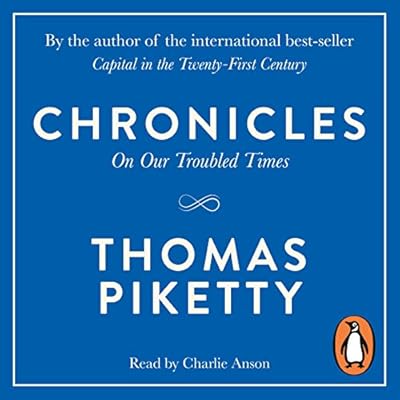
Chronicles
A bit frustrated by this book, as it turned out it is a collection of essays by Piketty originally published in the French newspaper "Le Monde." There are, of course, things of value inside of it, mostly on the troubled financial times of the Western world after the Great Financial Crisis in 2008. However, there's no flow to it, it jumps from topic to topic and you definitely require some context to understand what the author is writing about or how we've got there in the first place.
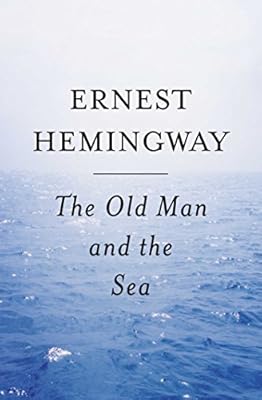
The Old Man and the Sea
I love the character that is Hemingway and the 'vibes' of his works, however 'The Old Man and the Sea' was probably one of the most boring books I've ever read. The action was slow and mundane, repetitive and times. Found it difficult to keep myself interested in the story. So much different compared to something like 'A Moveable Feast' which I loved!
Other Books

